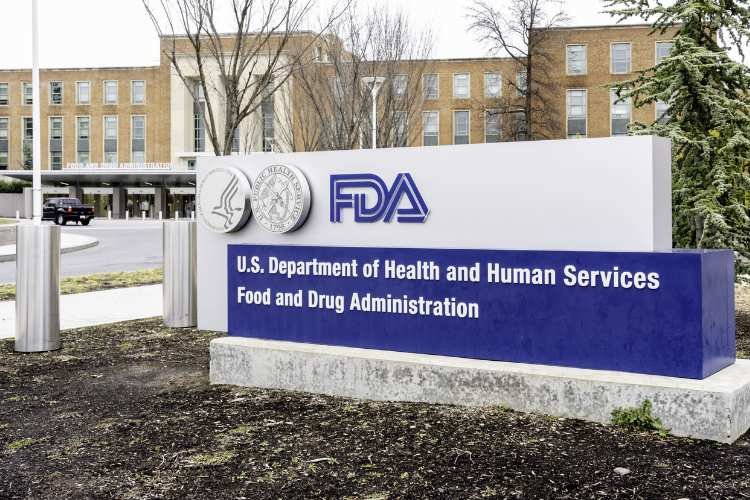The FDA has recently granted two de novo clearances to ProciseDx, marking a significant advancement in personalized medicine for patients with inflammatory bowel diseases (IBD). These clearances pave the way for the first rapid tests that can swiftly measure specific biologic drug levels in a patient’s bloodstream, enabling clinicians to conduct on-site monitoring and tailor personalized dosing.
ProciseDx, based in San Diego, has developed the Procise ADL serum test, which tracks adalimumab, a widely-used treatment for Crohn’s disease and ulcerative colitis, commonly known as Humira. It also monitors approved biosimilars like Amgevita. Additionally, the Procise IFX kit focuses on infliximab, the monoclonal antibody found in Remicade and its biosimilars, including Inflectra and Renflexis.
Also Read: Biocon Biologics’ CEO Reveals Pricing Strategy And Device Design For Hulio, Its Humira Biosimilar, In The US Market
In the realm of IBD treatment, biologic drugs account for a substantial portion of the costs, ranging from $20,000 to $60,000 per patient annually. However, individual responses to these therapies can vary significantly. Some patients may require dose adjustments over time, while others may lose their response to these drugs altogether.
It is estimated that approximately 4.3 million individuals in the United States have been diagnosed with IBD, with up to 15% undergoing treatment with adalimumab or infliximab. Although therapeutic drug monitoring has become a standard practice for IBD patients, obtaining rapid results has remained a challenge.
“Currently, results for drug concentrations for infliximab and adalimumab take days and require shipment to expensive third-party laboratories. The ProciseDx platform will change that, with a simple workflow producing a reliable quantitative measurement in 5 minutes or less.”
– ProciseDx CEO Larry Mimms
Also Read: Humira Biosimilars: Benefits, Availability, Price, Comparison And More
ProciseDx’s point-of-care immunoassay analyzer hardware received FDA clearance in November of the previous year, alongside approval for a rapid, quantitative test for C-reactive protein, a liver biomarker associated with inflammation.
The company plans to commercially launch its ADL and IFX tests in collaboration with its subsidiary Chembio Diagnostics by the end of this year. Both companies are part of the Biosynex group, a French diagnostic developer that holds a majority stake in Theradiag, which has been exploring the therapeutic drug monitoring market in Europe.
Biosynex completed the full acquisition of ProciseDx in June of this year after previously serving as a shareholder and manufacturing partner. The company intends to present risk-benefit analysis data comparing its rapid tests with traditional dose escalation procedures for patients who have lost their response to infliximab during the upcoming annual meeting of the American College of Gastroenterology in Vancouver. This milestone in rapid drug monitoring promises to enhance the management of IBD and improve patient outcomes.





























